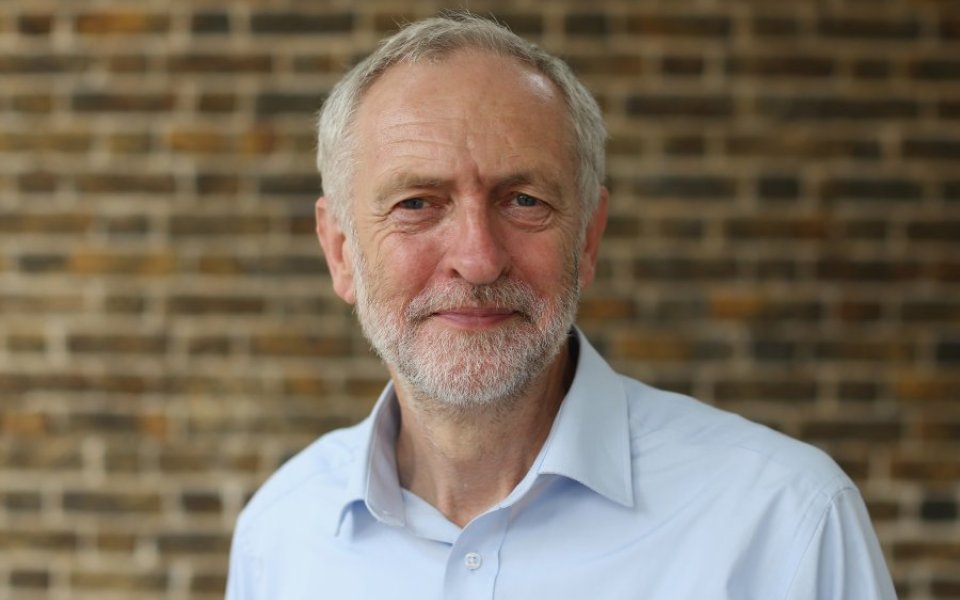Corbyn, business and the diplomatic dance

Hands up: who was gripped by Jeremy Corbyn’s reshuffle this week? By normal Westminster standards this wasn’t exactly a swift and decisive event.
It started late on Sunday night and is just about wrapping up now. Westminster watchers were in overdrive, camped outside the office of the Leader of the Opposition, live-blogging every twist and turn as if it were the dying hours of the transfer window.
Not everyone took it to be an event of monumental significance and importance, though. Novelist Robert Harris described the reshuffle of Labour’s top team as “the very definition of futility” – by which he meant a reshuffle “of people doing imaginary jobs in a future government that will never exist”. That’s certainly one way to look at it.
But no matter how unelectable Corbyn’s Labour appears to be from the outside, those at its heart are much more optimistic. The reshuffle was an opportunity to get rid of those shadow cabinet voices who have not been sufficiently loyal. Having now assembled a team who (by and large) actually want Corbyn to be PM, the Labour leadership can at least attempt to start acting and looking like a coherent opposition.
And so, with this in mind, the Leader of the Opposition finally got round to doing the kind of thing that serious Leaders of the Opposition are supposed to do: engaging with Britain’s business community.
Yes, for the first time since his election last September, Jeremy Corbyn has this week met both the CBI and the British Chambers of Commerce. A spokesman for the BCC told this newspaper that Corbyn met privately with director general John Longworth, and that the two men had “a positive discussion about a variety of business issues”.
One wonders what they would agree on. After all, Labour is now a party of nationalisations, tax hikes and intervention.
Labour’s leader also met new CBI boss Carolyn Fairbairn. Business groups are diplomatic after such encounters. They have to be. But the truth is that such meetings are a charade.
The Labour leader has no more interest in business than the business groups have in Corbyn becoming PM. They’ll invite him to speak, they’ll keep in touch, and all the while they’ll expect him to lose. Which he will.